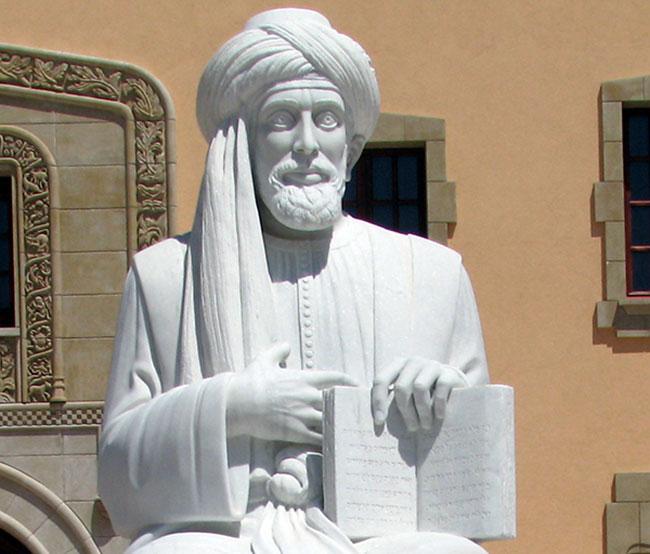| Points | Details |
|---|---|
| AKA | Avicebron |
| Born | Circa 1021 |
| Place of Birth | Malaga, Spain |
| Died | Circa 1058 |
| Place of Death | Unknown |
| Occupation(s) | Philosopher, Poet |
| Notable Works | “The Fountain of Life,” poetry collections |
Introduction
Solomon ibn Gabirol, also known as Avicebron, was a celebrated Jewish philosopher and poet whose life unfolded in the vibrant cultural milieu of medieval Spain, circa 1021. His enduring legacy encompasses a remarkable body of philosophical treatises and exquisite poetry, which continue to captivate scholars and enthusiasts worldwide.

Early Life and Background
Born in Malaga, Solomon ibn Gabirol’s formative years were shaped by the rich tapestry of Jewish and Arabic cultures prevalent in medieval Spain. Despite encountering social barriers as a Jew, he received a comprehensive education in philosophy, science, and literature, laying the groundwork for his future intellectual pursuits and literary achievements.
Rise to Prominence
Solomon ibn Gabirol ascended to intellectual prominence through his groundbreaking philosophical treatises, most notably “The Fountain of Life.” This seminal work explored profound questions of metaphysics, ethics, and the essence of existence, earning Ibn Gabirol recognition as a leading thinker of his era and establishing his enduring legacy in the annals of philosophy.
Philosophical Contributions
Ibn Gabirol’s philosophical writings represent a synthesis of Neoplatonic and Aristotelian thought with Jewish mysticism, offering profound insights into the nature of reality and the human condition. His profound meditations on the soul, consciousness, and divine unity continue to resonate with scholars and philosophers across diverse cultural and religious traditions.

Literary Legacy
In addition to his philosophical pursuits, Solomon ibn Gabirol distinguished himself as a masterful poet, renowned for his lyrical verses in Arabic and Hebrew. His poetry, suffused with themes of love, longing, and existential contemplation, transcended linguistic and cultural boundaries, leaving an indelible mark on the poetic tradition of medieval Sephardic Jewry.
Influence and Legacy
Solomon ibn Gabirol’s intellectual and artistic legacy endured long beyond his lifetime, shaping the trajectory of philosophical and literary thought for generations to come. His works served as a wellspring of inspiration for subsequent Jewish, Islamic, and Christian philosophers, ensuring his enduring stature as a timeless luminary of medieval Sephardic Jewry.
Conclusion
In conclusion, Solomon ibn Gabirol’s contributions to philosophy and poetry represent a pinnacle of intellectual and artistic achievement in medieval Sephardic Jewry. His profound insights into the nature of existence and the human soul, coupled with his exquisite poetic expression, continue to inspire and enrich scholarly discourse and creative expression, reaffirming his status as a revered figure in the annals of Jewish intellectual history.
Resources
- Stanford Encyclopedia of Philosophy: Stanford Encyclopedia of Philosophy
- Jewish Virtual Library: Jewish Virtual Library
- Internet Encyclopedia of Philosophy: Internet Encyclopedia of Philosophy
- Academic Journals: Look for journals such as “The Jewish Quarterly Review” and “Journal of Jewish Thought and Philosophy”.
- Books: Search for titles such as “Solomon Ibn Gabirol’s Theology of Desire” by T. M. Rudavsky and “Solomon Ibn Gabirol: A Bibliography of His Published Works” by G. D. Cohen.





Ohr HaChaim Yomi – Emor